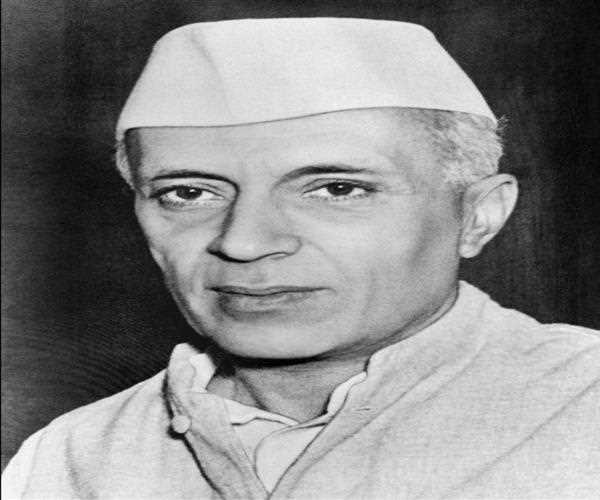Prime Minister of India Jawaharlal Nehru was the first P.M and he had contributed a lot to build up India after its release from bondage. Born on November 14, 1889 in Allahabad, Nehru played an important role in the Outcome of freedom movement of India. Being Gandhi’s right hand man he pioneered some non-violent approaches to politics and generally played a key role in attainment of India’s independence from Britain in 1947. During the course of restructuring he was a visionary leader who had a foresight of the growth path for India.
Jawaharlal Nehru became the prime minister of newly independent India on the 15th of August 1947 and without wasting any time, there was a definite vision for India. He considered industrialization and modernization as two focal approaches towards the growth of the economy. Establishing an institution like IITs were steps to create a sound scientific and technological foundation for the country. To some extent, self-reliance economic policies were realised though his decisions were criticized for their effect on inequality.
The major policy that sought to characterize Nehru’s foreign policy decisions was the policy of non-alignment. In the cold war he aimed at maintaining India’s neutrality and free from control of super world powers. Something that he did was founding one of the most important international movements which includes today cooperating with its members as non aligned countries but at the same time wanting peace and mutual respect in the world. This approach showed his seriousness in being central to preserving Indian sovereignty and independence.

At home, Nehru had a quite powerful focus on education, secularism, and social liberalization. For this reason, he tirelessly campaigned for one India as one nation with a battery of cultures and religions always ready to protect the rights of minorities. Measures like in the area of land and the fight for women rights reform acknowledged his progressive society mindset though his government experienced a challenge like regionalism and opposition.
Due to Nehru’s long experience the post of Prime Minister in India was institutionalized and made a great success. His political agenda on the democracy, development, and unity of the country laid down the foundation of the country’s growth in decades to come. However, in respect of his policies some debate prevails but his contributions are still acknowledged as beneficial for the formation of modern India.
Conclusion
In conclusion, The thesis argues that Jawaharlal Nehru’s post as the principal Prime Minister of India was decisive in shaping the country into a democratic progressivist state. His emphasis on modernization and secularization and self-reliance was his intention to bring stability to the country and economic growth. As on that of his strengths for every leadership has its loopholes but he was successful in sowing the seeds of the institution and policies that frame India in present days. It then becomes imperative that we keep Nehru and his ideas at the centre of the history of men and women after the epoch of freedom since his ideas about the future of India holds true to this day and age.